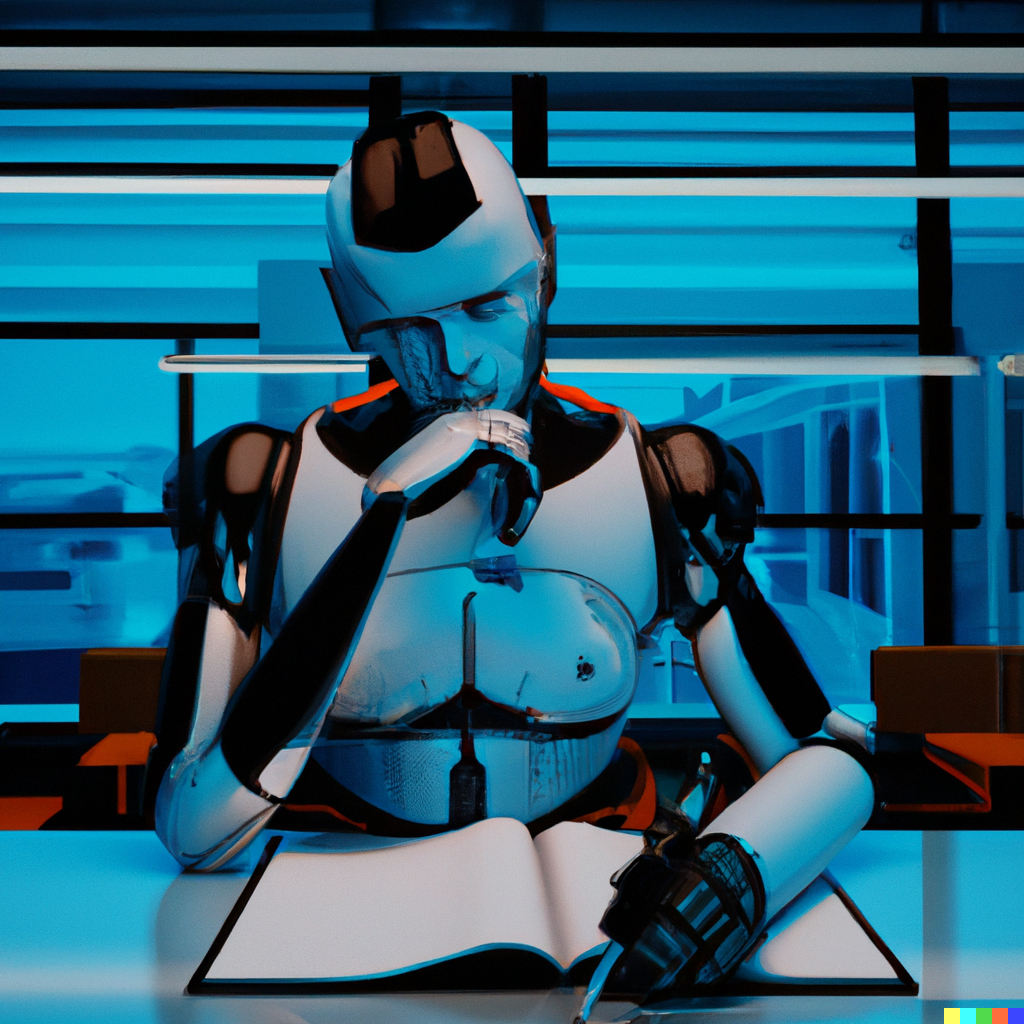I start this blog post with a simple and yet important note, I have written (almost) every word of this article. Now, this may seem like a strange way to start but with the recent exponential rise in the use of generative AI then it seemed pertinent to me to state that these words are mine.
But you might be thinking “Of course you would say that, but how do we know?”
Well, dear reader, that is an excellent question.
How can a person tell what has been written by a person and what has been written by a machine? Well, I am going to tell you a secret, machines don’t truly write anything, this is because to write requires inspiration and, at the moment at least, machines are not capable of that level of inspiration. This is what differentiates us from a large language model such as ChatGPT or LLAMA.
Now, that is not to say that machines will never be able to achieve this but at the moment we are the ones having semi-original thoughts and ideas. I say “semi-original” because we too draw ideas from other sources. But, unlike machines, we can take ideas several steps away from the original source – and that’s what I want you to take away from this article, that we are the ones feeding LLM’s with new ideas.
I think this notion gets lost sometimes, but in my opinion it’s one we should hold on to. As a bit of background, I currently lead a group of data scientists and AI professionals who work with a variety of technologies to help our customers get involved with AI. So, for me, it’s incredibly important that we continue to innovate for ML/AI to continue growing. I like to think about AI more as the writers of the movie “Chappie” did rather than the classic 80’s Skynet creators did. By this I mean that AI is more like a child we should be nurturing and teaching, rather than manipulating or misusing.
It’s only then that we can truly work together to achieve our goals. The explosion of generative AI-powered technology however appears to be following a similar trend to other world-changing technologies.
When we got televisions, we ended up with couch potatoes. When we got search engines, we ended up with “Digital Dementia”. Now that we have document writing super engines, we could end up with the death of human innovation. But like its predecessors who gave us the ability to share news or ideas or stories across the world, there is huge potential for generative AI to give us access to wonderous new things, as long as we continue to work together rather than having it do all of the work.
I leave you with this thought, similar to the bootstrap paradox, if AI creates art and stories based on what humans have produced, and humans start creating art and stories based on what AI has produced, then who will be the creator of the worlds next future masterpiece?



